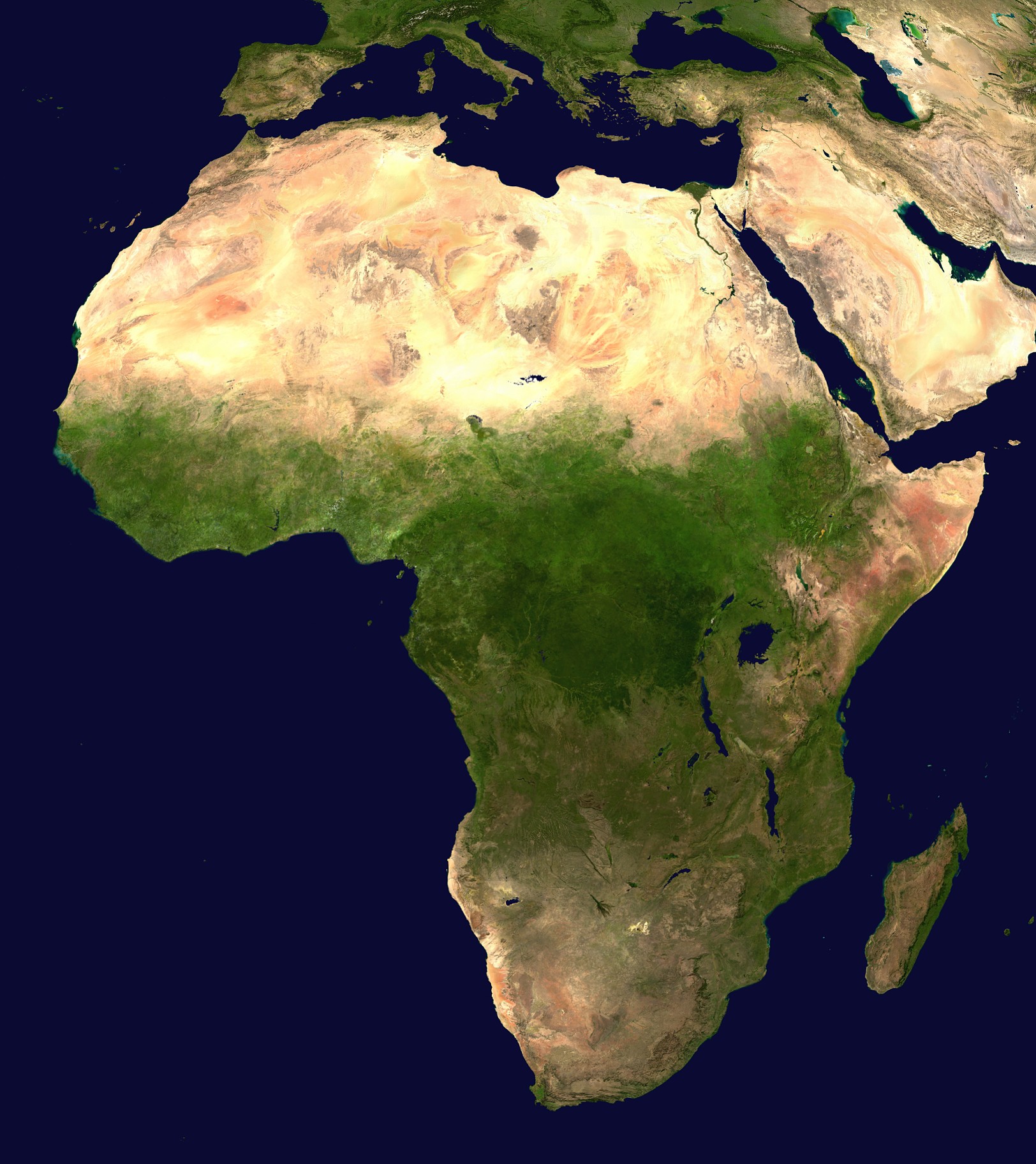Satellite image

"THE GREEN ECONOMY IS NOT A LUXURY, BUT A 21ST CENTURY IMPERATIVE ON A PLANET OF SIX BILLION, RISING TO NINE BILLION IN JUST FORTY YEARS." United Nations Environment Program (UNEP), 2010
OBJECTIVES OF THIS BLOG
This blog was started in May 2012, one month before the United Nations Rio+20 ‘Earth Summit’ where the green economy was the main theme. The blog so far has had three specific objectives.
In the run-up to the Rio+20 Summit the initial objective was to raise awareness of Africa’s huge green growth potential and role in rebalancing the global economy. Eight posts were published before the Summit and were sent to as many African environment ministries as possible. One post was published in August 2012 appraising the summit and Africa’s position: Africa, Rio+20 and the Green Road Ahead.
The second objective was to examine the case of Ethiopia, following the death of prime minister Meles Zenawi on 21 August 2012. At the time of his death Mr Meles was recognised as 'the voice of Africa' at international summits and conferences and a leader in Africa's green thinking. Four posts on Ethiopia were published between late August and early November 2012 exploring the paradoxical nature of his leadership with a focus on raising awareness of his green legacy and 21st century vision for Ethiopia and Africa.
The third and current objective is to raise awareness of the importance of the green economy in Africa's growth story. 2013 started with unprecedented optimism for Africa’s growth prospects. Summits, conferences, articles, books, blogs, films and other media now proclaim that 'Africa’s Moment' has arrived. But very few even mention the green economy as an essential tool in the process to achieve sustainability and resilience. For this reason the current focus of this blog is a call to action to 'put the green economy into Africa’s growth story'.
Part of this call to action is writing letters to the Financial Times. Not only does the FT have excellent coverage of Africa but it is also seen by many as the 'world's most influential newspaper'.
No comments:
Post a Comment